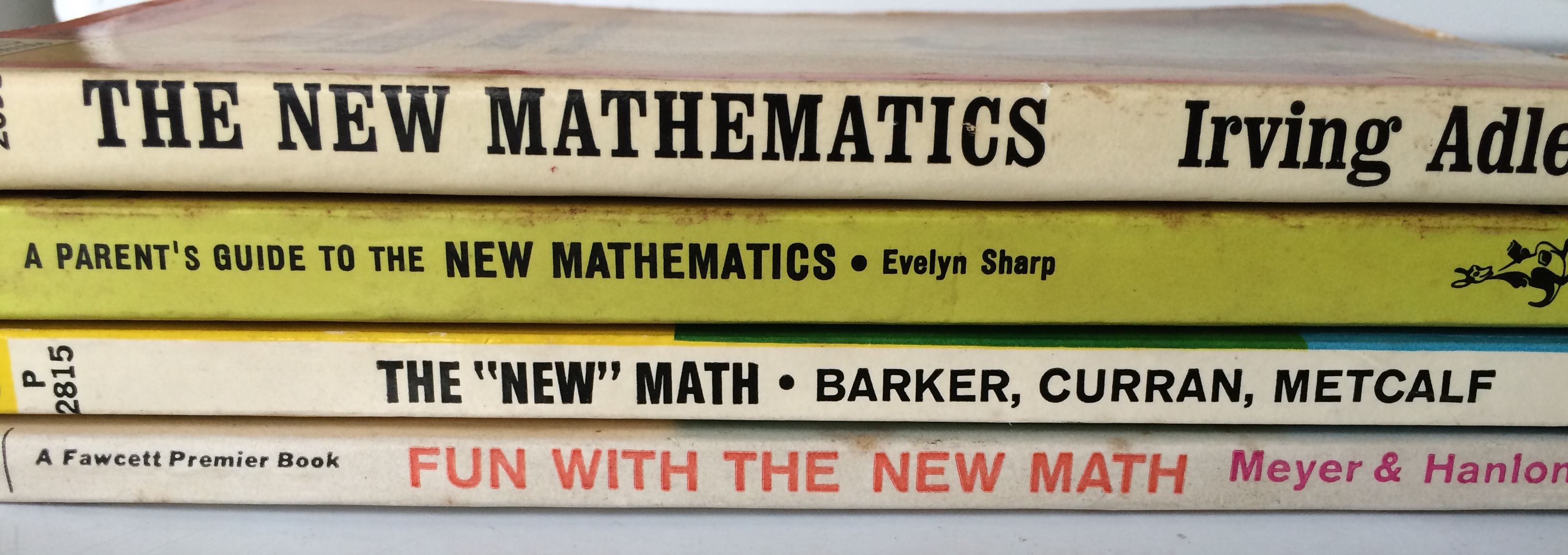 |
| Newer than 1960 math of course... |
For today's quality learning conversation (QLC) we were asked to focus on mathematics as this has been our professional development focus. Having a shared topic immediately had us all engaged and asking questions to help further our thinking. Interestingly all of our wonderings/concerns/fears were the same! So let me unpack them a bit further in my context.
1) When trying something new there is always uncertainty about whether you are doing the "right" thing. There is also the added pressure of external reporting. What exactly does assessment look like when you totally flip the way you are teaching? What does that look like when planning? Are we using the right assessments?
2) What does the structure of the lesson look like now? What does the week look like? How on earth do you fit everything in?
3) How do I ensure I am meeting the needs of all my learners? How do I know that the quiet ones (less vocal) are learning? How do I spread myself to be in more than one place at once?
So these are the questions I am asking at the moment and it seems that everyone else is asking these too. From our conversation I have decided to focus on a couple of things:
- If we value this new way of teaching maths how do we show that we value it in our reports? I need to be gathering some anecdotal notes about the way that students are collaborating, participating, discussing and risk-taking.
- I need to focus on the above things as positive outcomes and trust that this will be reflected in summative assessment later in the year. I have already seen huge changes in the way that students are approaching maths tasks and I really value the culture of being able to take risks, challenge and value each others thinking and learning.
- Talking chips (thanks Kelly!) could be a way to increase participation of those who are being quieter and/or make those with a lot to say to hold back a little to allow the quieter ones to have a chance.
- Perhaps the planning cycle looks different for all levels/contexts. I am thinking that once my Stage 7/8 learners have truly explored fractions, decimals and ratios then the rest of the year will be full of rich open tasks that weave in their learning with the strands. I look forward to the possibilities!
I have absolutely LOVED the mathematics PD that we have had so far and totally believe in it's value. Like any new thing it will take time to implement and feel comfortable with but it is incredibly awesome to have the freedom and flexibility to take those risks and try things out.
